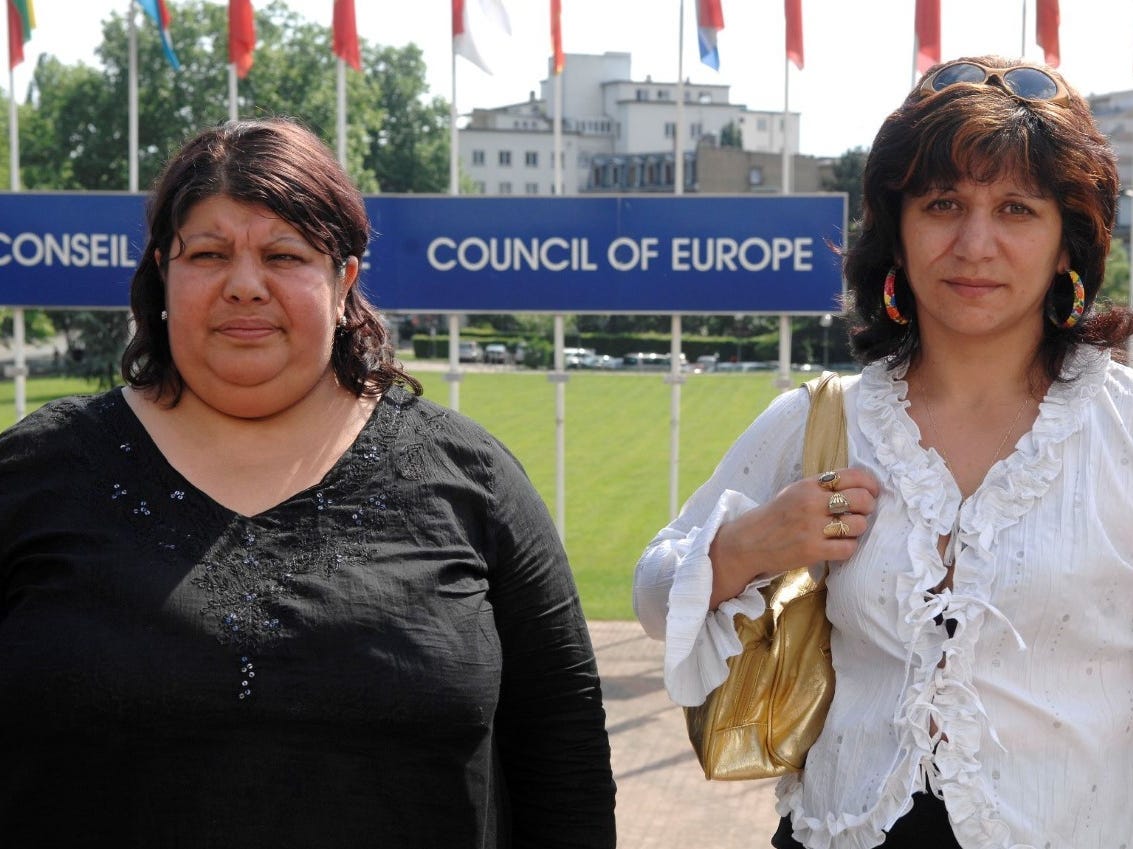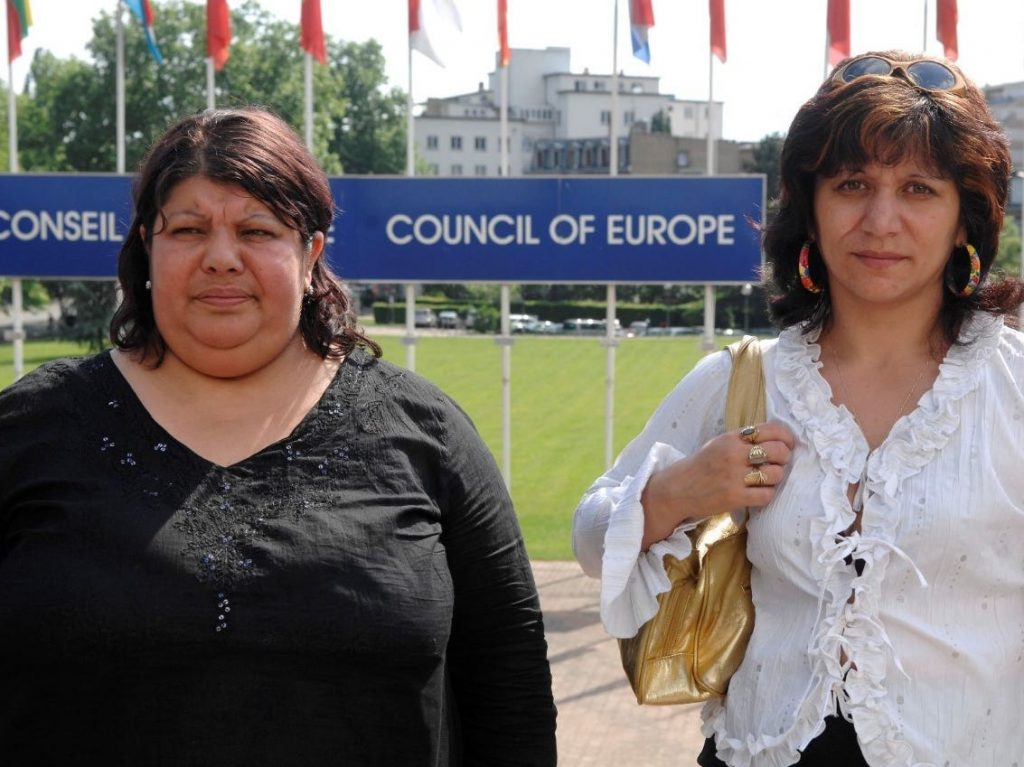
Council of Europe/Reuters
- Thousands of women – mainly from the Roma minority – were sterilized during the former Czech regime.
- Many were sterilized while they were in labor, according to an Amnesty International researcher.
- The Roma people make up about 2% of the Czech Republic's population, and are often among the poorest and discriminated against.
- Visit Insider's homepage for more stories.
Those who were forced to undergo involuntary sterilization in the Czech Republic between 1966 and 2012 will be offered 300,000 Czech crowns (about $14,000) in compensation, reported The Guardian.
Earlier this week, President Miloš Zeman signed a bill issuing the payments.
Most of the women – many from the country's Roma minority – were involuntarily sterilized during the days of the former Czech regime as part of what was dubbed "the Sterilization Directive" to control the Roma population, per Euro News.
The program began in the 1960s, and the policy was officially abolished following the collapse of the Communist regime in 1989, but many reports say that an unofficial sterilization program continued until 2009.
"Thousands of women, the majority of whom were Roma, were sterilized in the former Czechoslovakia," said Barbora Cernusakova, a researcher from Amnesty International. "Women were coerced into signing consent forms, often while they were in labor or recovering from Caesarean sections. In many cases, they were not told what they were agreeing to."
A 2015 report from the European Association for the Defence of Human Rights found that doctors extorted signatures from women by claiming that "sterilization was necessary for their present or future survival."
"Since these women did not always understand Czech, they signed the paper in exhaustion and pain, without understanding what depended on it," the report continued. "Some girls as young as 19 were sterilized without their informed consent following the birth of their first child."
In 2012 the Czech Republic signed into law that a "cooling-off" period was required after agreeing to sterilization.
Now that the bill has been signed, victims have three years to prepare their claims for compensation, according to Romea News. Women who can prove they received incentives from sterilization before 1990 will be eligible for compensation, while those who were sterilized without consent will have to describe what happened and prove their case.
The Roma people have faced a long history of discrimination in Europe, and Norway, Germany, Slovakia, Austria, and Romania carried out similar sterilization programs.
According to the European Commission, Roma people make up about 2% of the Czech Republic's 10 million people. They are often among the poorest and are regularly sidelined for housing, education, and employment.
